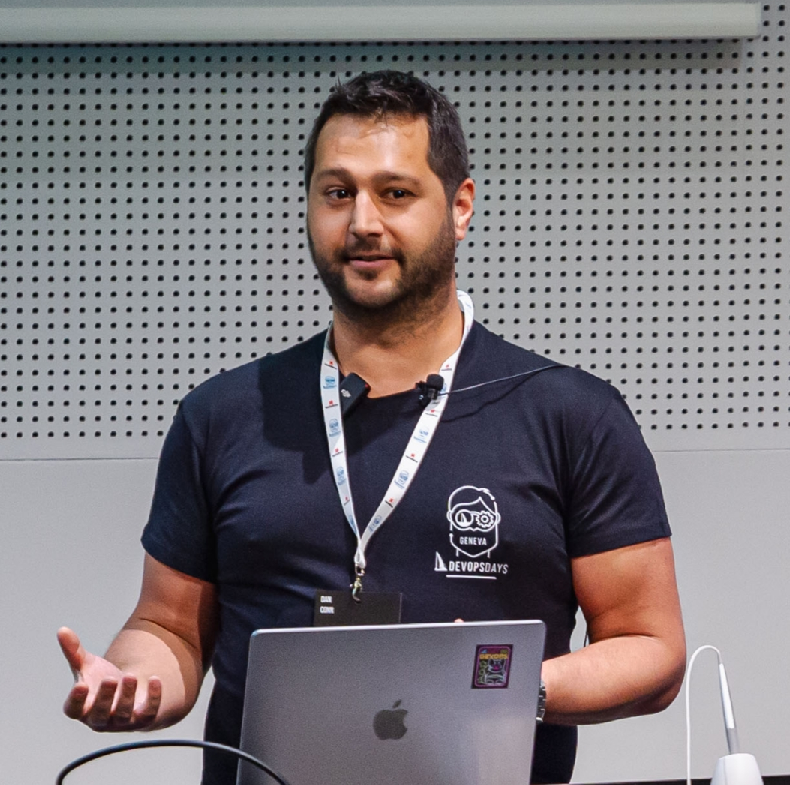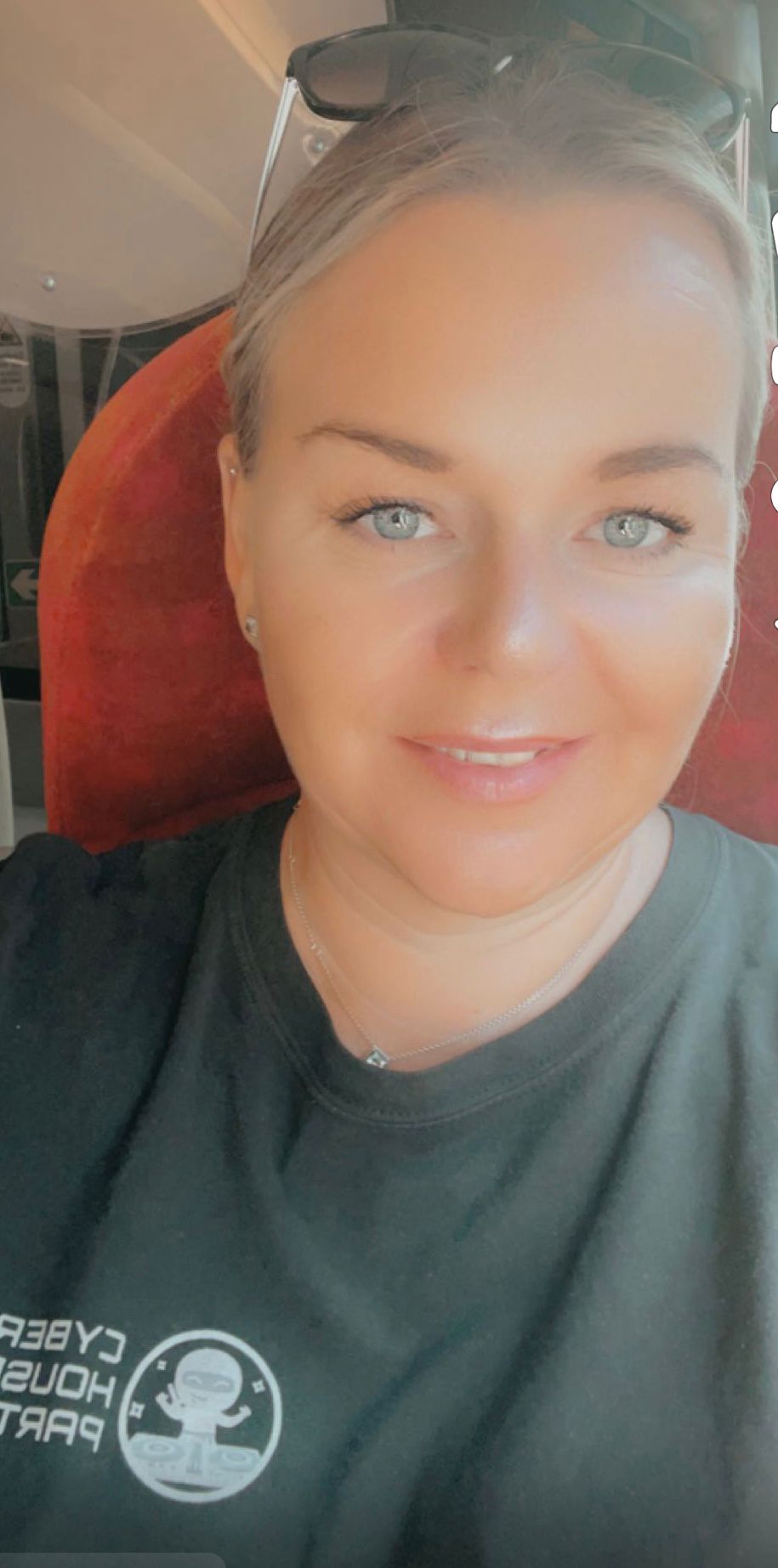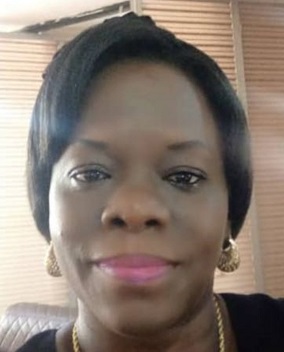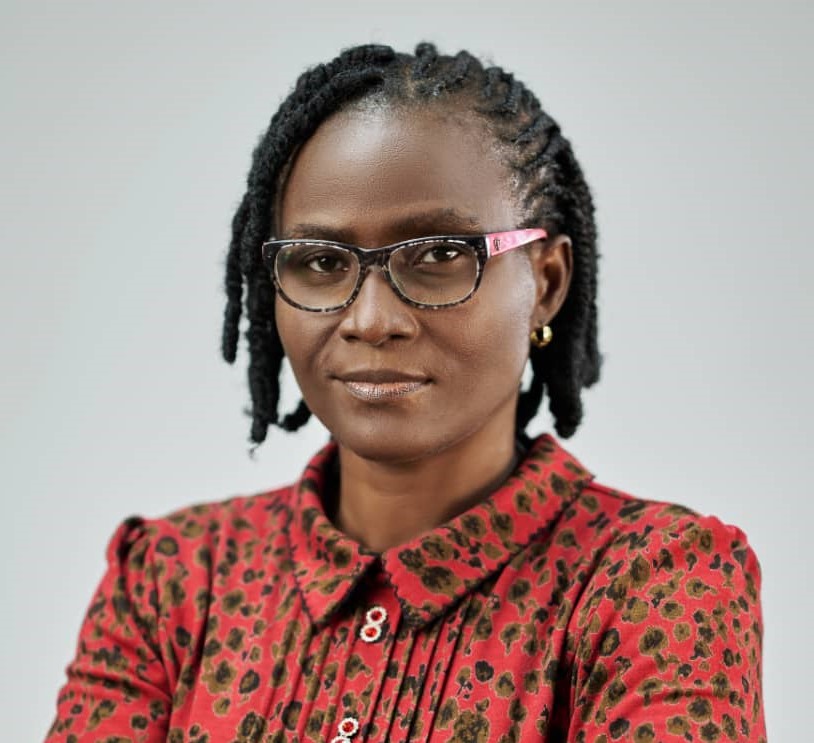Join us for the 2024 UKSG November Conference. This year’s event will take place online over two consecutive half days. Wednesday 20th November and Thursday 21st November. The theme of this year’s conference is “Cybersecurity and Censorship”.
When
Wednesday, November 20, 2024 – 09:30 GMT
to
Thursday, November 21, 2024 – 16:35 GMT
Where
Online
United Kingdom
About
Sponsors
Programme
Feedback
Registration
Contact
Share
About the Event
Registration
Register for the conference here.
The conference welcomes members and non-members of UKSG alike – Please note that advance registration is required.
Fees (both days):
Member – £ 45.00 + £ 9.00 VAT
Non-Member – £ 55.00 + £ 11.00 VAT
(A list of members can be found here)
If you are unable to attend – We will send you a link to a recording after the event.
Summary
The theme of this year’s conference is “Cybersecurity and Censorship”. Over two half-days, we aim to start exploring the multifaceted issues surrounding the protection of students, faculty and scholarly content from cyber threats while safeguarding against censorship in scholarly discourse.
The November Conference is an entirely digital event, open to speakers and attendees globally. Split over two half days this event brings together voices from across our sector through a programme of presentations, lightning talks, and facilitated panel sessions, with the audience encouraged to participate in Q&A throughout the conference.
Pre-event checks
To test your system ahead of time visit https://support.goto.com/webinar/system-check-attendee
Social
Follow the conference on X formally Twitter @UKSG and the hashtag #UKSGNov or on Linkedin
Accessibility
At UKSG, we are committed to ensuring an exceptional experience for all our delegates. Our aim is to make presentations as accessible and inclusive as possible.
Here’s how we achieve that:
- Closed Captioning Options: Our GoToWebinar application allows you to toggle closed captioning on or off during live sessions. You can also customise the text size and colour to suit your preferences.
- Auto-Generated Transcripts: For each recorded session, we can provide auto-generated transcripts on request.
If you have particular accessibility requirements or questions about this event, we strongly encourage you to contact events@uksg.org as soon as possible.
Programme
- Wednesday 20 November
- Thursday 21 November
Time
Programme
Speakers
09.30
Introduction & welcome
All times stated are GMT

Tasha Mellins-Cohen
COUNTER Metrics / Mellins-Cohen Consulting
See Biography
Tasha Mellins-Cohen, Executive Director at COUNTER Metrics and Founder of Mellins-Cohen Consulting, joined the scholarly publishing industry in 2001. She has held roles within learned societies and commercial publishers across operations, technology, editorial and executive functions, while donating time to key industry initiatives and bodies such as UKSG, ALPSP and STM. In 2020 she started consulting in response to requests for help in developing and implementing OA business models in not-for-profit groups. In 2022 she stepped up from volunteer to Director at COUNTER Metrics, the standard for usage metrics, alongside her consulting work.
09.40
Opening Keynote – Cyber attack on the British Library: What happened and what we learnt
Liz Jolly
British Library
10.20
Break
10.30
Cyber security Panel session
Chair by Tasha Mellins-Cohen

Dan Conn
Trustpilot
See Biography
Dan Conn likes to straddle the worlds of dev and security. Having spent 12 years as a software engineer and have been into cybersecurity for just as long, Dan specialises in secure coding practices, vulnerability management, software supply chains, cryptography, quantum computing, AI, and security architecture. In his spare time Dan likes to keep fit and is looking forward to raising funds for Refuge UK by running the 2025 Brighton Marathon and 2025 London Marathon in the same month.

Graeme Moss
University of Leeds
See Biography
Graeme heads up the Cyber Security Architecture, Consulting and Engineering team at University of Leeds, delivering security advice & guidance across all University projects.
He spends much of his non-work time organising and volunteering at cyber security events such as BSides Community conferences in Leeds, Lancashire & Newcastle as well as supporting many hacker/cyber/privacy organisations in the north of England such as DefCon & 2600.

Nikki Webb
Custodian360
See Biography
Nikki Webb is the Global Channel Manager at Custodian360, where she has served for over 7 years. Known for her deep commitment to community in the cybersecurity space, Nikki volunteers with the UK charity, The Cyber Helpline, assisting in safeguarding individuals online. She is passionate about online safety, advocating for better practices in how people interact with digital platforms and share information. Her dedication to cybersecurity and community initiatives reflects her drive to shape a safer online environment for all.
11.15
Break
11.25
Proprietary software has failed: a community-driven open source security proposal
Following a number of high-profile cyber attacks on UK universities, many libraries are rethinking the prevalent UK approach to library systems: a reliance on proprietary software that has failed to protect their users’ data and a management approach to outsourcing systems that has reduced the numbers and skills of in-house technical staff. In this presentation, I argue for a new approach to enable libraries to take back control of their systems and their data. Open source software is not only more secure than proprietary software but allows users more control and customisation over how the software works. By working collaboratively, libraries could establish community-driven multi-tenant library systems installations using open source software to give them more control over their system security, to protect their users’ lending data, and to divest themselves of third-party private library systems companies. Using examples from the Copim and the Open Book Futures project infrastructure, I’ll show how open source software provides a more secure and more ethical alternative to proprietary software.

Simon Bowie
Centre for Postdigital Cultures, Coventry University
See Biography
Simon Bowie is an Open Source Software Developer at the Centre for Postdigital Cultures, Coventry University, UK, where he works on the Open Book Futures project helping to build community-owned and scholar-led open infrastructures for open access book publishing with a particular focus on experimental book publishing.
11.50
Assessing Cyber Resilience in Nigerian Libraries: An Empirical Study of Security Measures, Threats, and Preparedness
Libraries in Nigeria, like others globally, are increasingly vulnerable to cyber threats, compromising the integrity and availability of their digital collections and services. This study investigates the current state of cyber security and resilience in Nigerian libraries, identifying strengths, weaknesses, and areas for improvement. Survey research method of the quantitative type was used. Data collected online from 80 Heads of libraries and 26 Systems librarians in ten states in Nigeria will be analysed and presented in tables and percentages. The findings will inform a proposed framework for improving cyber resilience in Nigerian libraries. Practical recommendations for improvement will be provide

Adetoun Oyelude
University of Ibadan
See Biography
Adetoun Adebisi Oyelude is an accomplished academic librarian and information professional with over 30 years of experience in using ICT and knowledge management skills to drive innovation and organizational goals. She has a Ph.D. in Library and Information Science and is a Fellow of the Nigerian Library Association (FNLA). Dr. Oyelude is regarded for her exceptional achievements in the library and information science fields as evidenced in numerous publications in high-impact academic journals worldwide. Her areas of expertise include ICT skills, indigenous knowledge preservation, metadata management, and gender studies.

Cecilia Adewumi
University of Ibadan
See Biography
Cecilia O. Bolajoko ADEWUMI has worked in an academic library for over 20 years. Presently, she is the Serials Librarian in the Kenneth Dike Library, University of Ibadan, Nigeria. She is a member of the Nigerian Library Association. Her research interests are in Serials Management, Agricultural Information, Information and Communication Technology, and Library Architecture and Buildings.

Titilayo Comfort Ilesanmi
University of Ibadan
See Biography
Dr Titilayo C. Ilesanmi holds BLIS, MLS and Ph.D degrees in Library and Information Studies from the University of Ibadan. She started her career in librarianship with International Institute of Tropical Agriculture (IITA), Ibadan, Nigeria and later the service of Kenneth Dike Library, University of Ibadan, Nigeria. She has published widely in both local and international journals of repute. Her major area of research is information management. She is a Professional Fellow of Commonwealth Scholarships. She is a member of Nigerian Library Association and a Chartered Librarian of Nigeria.
12.15
Summary of day 1 and close

Tasha Mellins-Cohen
COUNTER Metrics / Mellins-Cohen Consulting
See Biography
Tasha Mellins-Cohen, Executive Director at COUNTER Metrics and Founder of Mellins-Cohen Consulting, joined the scholarly publishing industry in 2001. She has held roles within learned societies and commercial publishers across operations, technology, editorial and executive functions, while donating time to key industry initiatives and bodies such as UKSG, ALPSP and STM. In 2020 she started consulting in response to requests for help in developing and implementing OA business models in not-for-profit groups. In 2022 she stepped up from volunteer to Director at COUNTER Metrics, the standard for usage metrics, alongside her consulting work.
Feedback
Excellent value for money
Previous delegate
Some interesting points were raised it made me aware of issues I had not considered before.
Previous delegate
Very good content and speakers covering important perspectives, often overlooked
Previous delegate
Registration
Sunday, August 4, 2024 – 00:00 BST – Monday, November 18, 2024 – 22:10 GMT
£ 45.00
+9.00 VAT
Member
£ 55.00
+11.00 VAT
Non-Member
NB: UKSG reserves the right to alter or vary the programme due to events or circumstances beyond its reasonable control without being obliged to refund monies.
Cancellations
The closing date for cancellations is Monday 28th October, after which date cancellations will not be eligible for a refund. Cancellation should be sent into writing to events@uksg.org. All registrants will be sent a link to the recording after the event for their personal viewing.
The General UKSG booking terms and conditions can be found here





